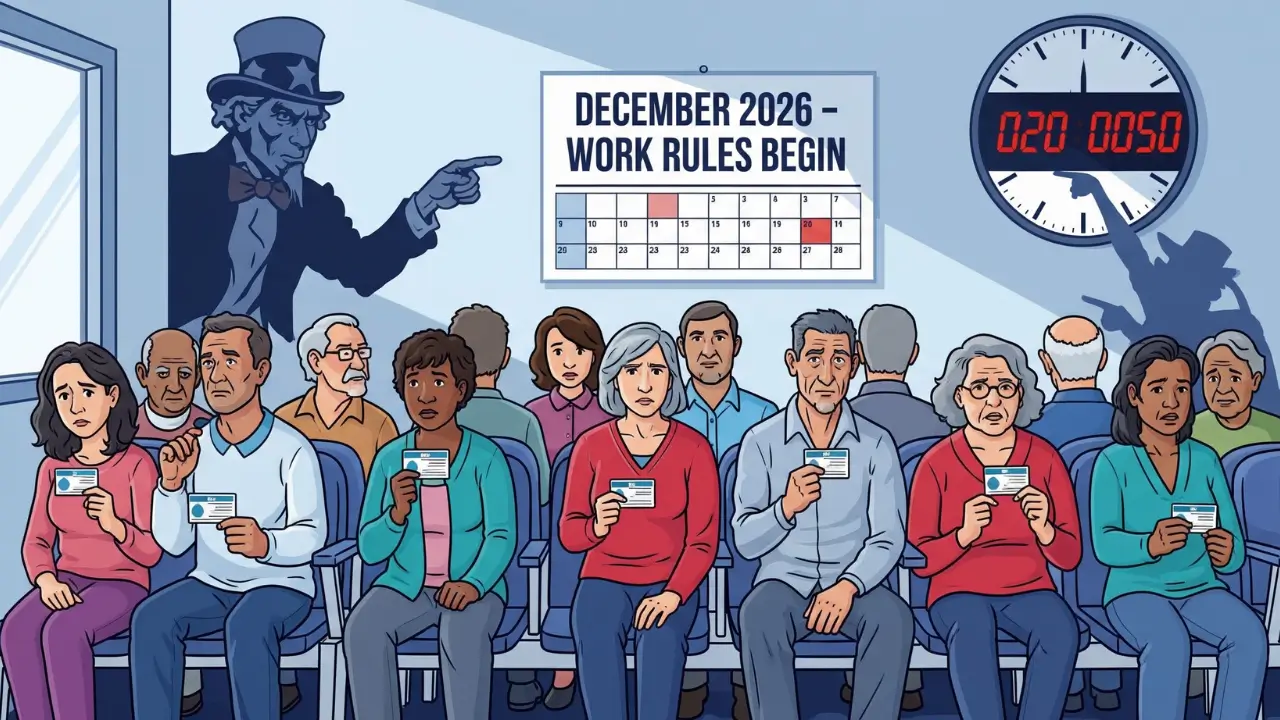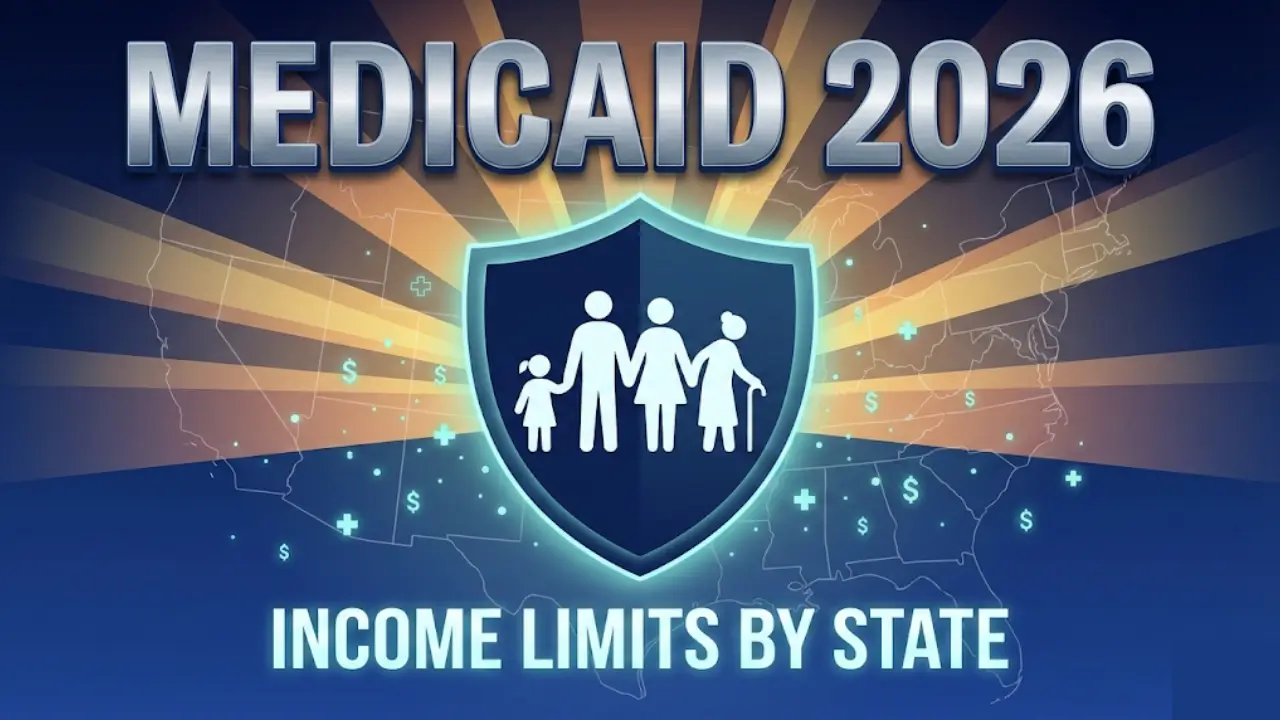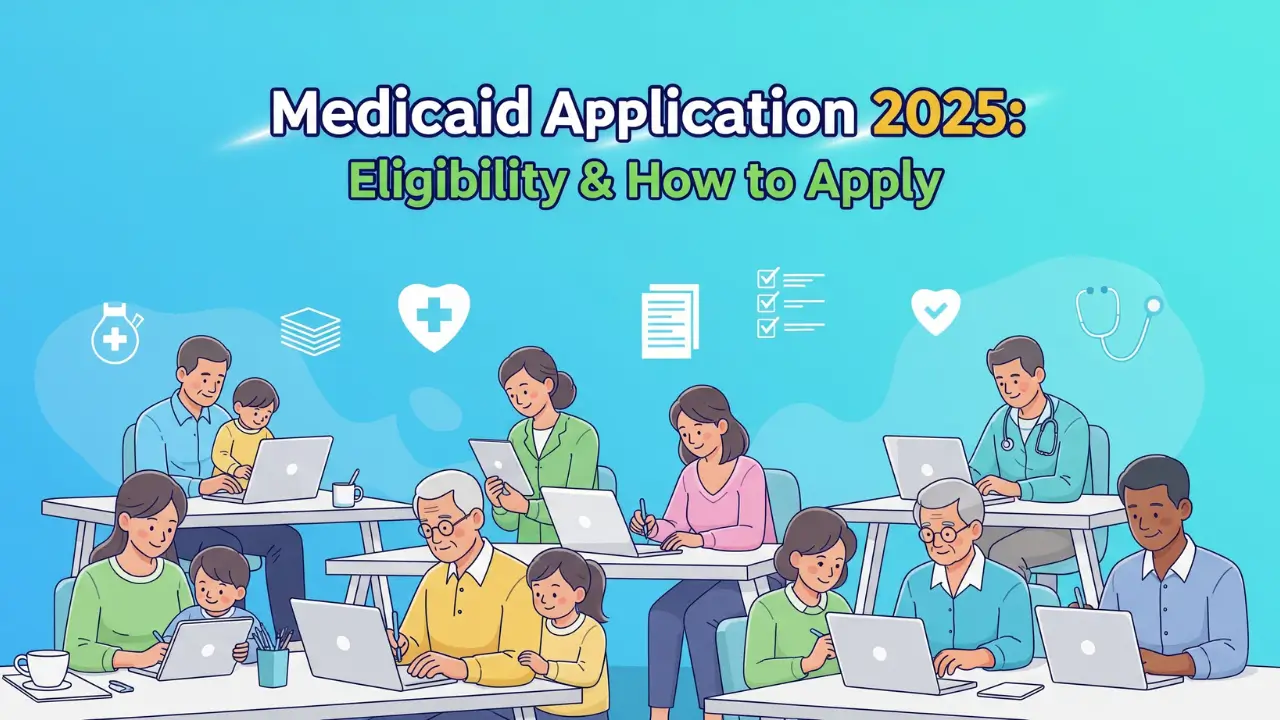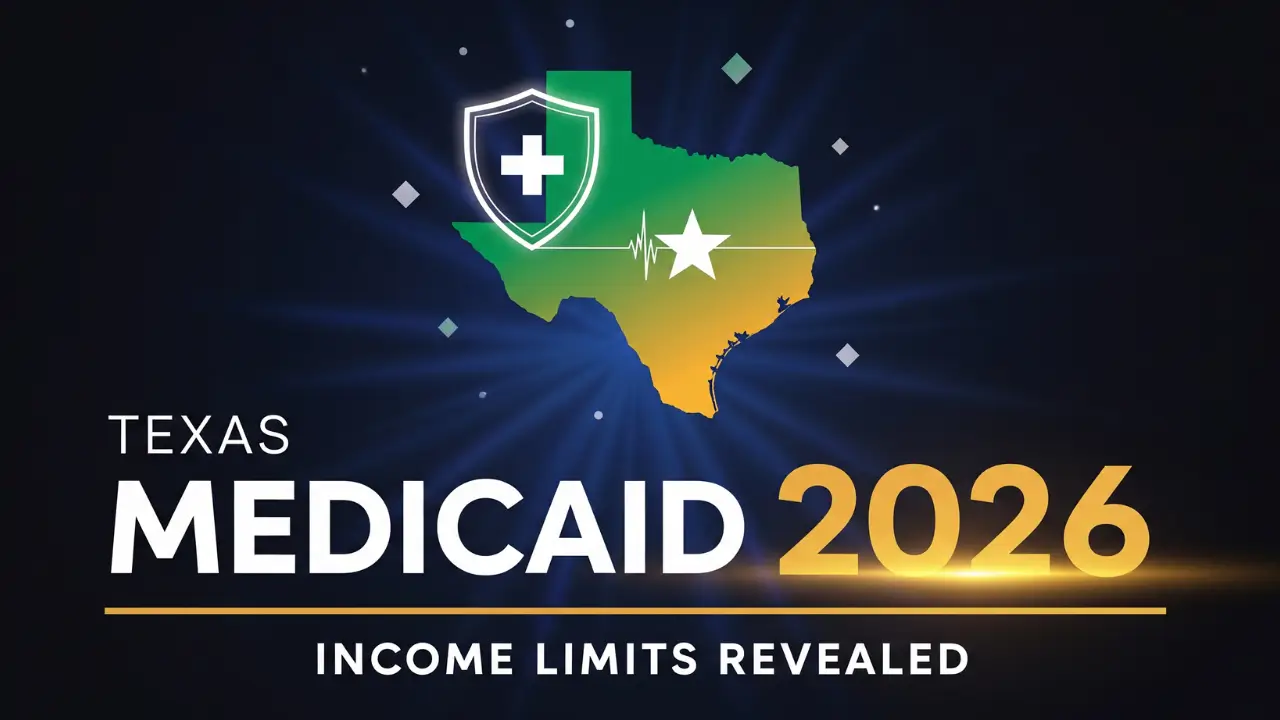Starting December 31, 2026, a new law will bring historic changes to Medicaid, the nation’s largest public health insurance program. For the first time in its 60-year history, Medicaid coverage will be tied to work requirements. This affects over 20 million adults in the 41 states that expanded Medicaid under the Affordable Care Act.
These rules come from the One Big Beautiful Bill Act of 2025, signed by President Donald Trump in July. Unlike past pilot programs or state waivers, this is a federal mandate that cannot be waived. Experts say it will fundamentally change Medicaid for millions of low-income Americans.
What the New Rules Require
Adults between the ages of 19 and 64 who get Medicaid through expansion must show they work or take part in approved activities at least 80 hours each month. Qualifying activities include:
- Employment (part-time or full-time)
- Job training or work programs
- Half-time enrollment in school or college
- Community service
- Any mix of these, adding up to 80 hours
Alternatively, people can keep coverage if their monthly income equals 80 hours at the federal minimum wage.
How States Will Check
States must set up complex verification systems. When applying, people must show they worked during a look-back period of 1–3 months. For current enrollees, states must confirm at least one month of compliance in each six-month review.
The law pushes states to use automated payroll and data matching to confirm hours, but that will require new IT systems, vendors, and staff training.
Timeline and Outreach
The Centers for Medicare & Medicaid Services (CMS) must give guidance by June 1, 2026. That leaves states only six months to build systems before the December 31, 2026 deadline.
To prepare, states must:
- Write new policy rules
- Upgrade eligibility and enrollment systems
- Train staff and health plans
- Run outreach campaigns between June–August 2026
Outreach must use mail, phone calls, texts, websites, and electronic notices to explain the rules, exemptions, and penalties.
Exemptions and Penalties
Some people remain exempt, including:
- Those unable to work due to physical or mental health issues
- Pregnant women
- Parents or caregivers of children (exact age cutoffs not yet clear)
- Medically frail individuals
If people do not meet requirements, they will receive a 30-day notice by mail and one other method before losing coverage.
Impact and Concerns
The Congressional Budget Office (CBO) projects that:
- 4.8 million people will lose Medicaid because of the work rules
- 11.8 million total people will lose coverage under the larger 2025 law
- The government will save $344 billion over 10 years
Experts warn many states will face serious challenges building these systems in time. Some, like Georgia, already have limited work rules through waivers and may have an advantage. But most states will be starting from scratch while also handling new six-month renewal rules.
Advocates say the policy is a major shift away from Medicaid’s traditional purpose—providing health coverage based on income. Now, millions of Americans must prove work or lose coverage, a change that could reshape how families access healthcare in the U.S.




